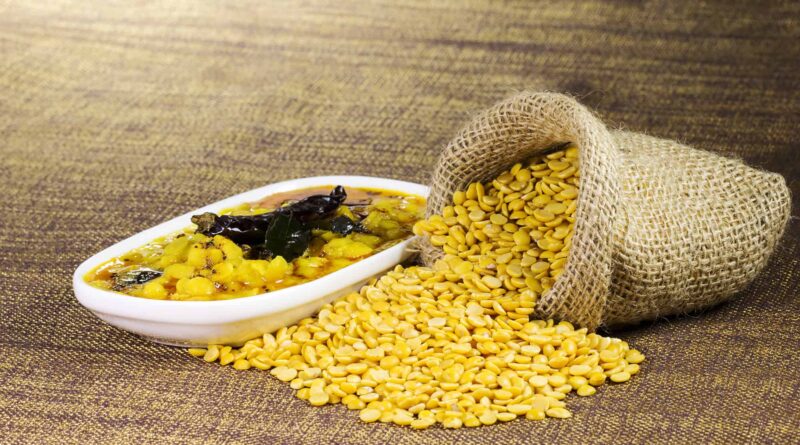Mozambique dispute disrupts pulses import, prices rise
By Zia Haq
A dispute between two rival Mozambican trading firms has held up imports of pigeon peas (tur), a kind of pulse much in demand in India (and also in short supply), pushing up local prices and delaying shipments.
In December, the Indian Pulses and Grains Association (IPGA) alleged that an influential exporter in the African nation was not allowing other firms to export pigeon peas to India, impacting availability.
According to a Reuters report on January 19, a Mozambican court ruled that a shipment of pigeon peas belonging to the Export Trading Group (ETG), one of the biggest African commodity houses, cannot be shipped to India, the latest escalation in a long-running standoff that has alarmed Indian traders.
On January 17, ETG went to court to halt the shipment of up to $60mn in pigeon peas and other foods from Mozambique, accusing authorities of helping a local trader illegally get hold of its assets. India has a long-term deal with Mozambique that commits the former to import up to 200000 tonnes of pigeon pea.
A lower pigeon pea crop in 2022-23 is likely to increase India’s import demand and traders are now looking to Myanmar to fill the gap. Pulses are the commonest source of protein for most Indians. Rising protein-led prices can be significant driver of inflation and household expenses, even as the Modi government has imposed a slew of price-control measures ahead of a general election this spring.
“About 200,000 tonnes of pigeon pea are now stuck at their ports, which has caused a problem of availability,” said Rahul Chouhan of IGrain, a New Delhi-based firm.
According to IGrain’s data, India had imported 142000 tonnes of pigeon pea from Mozambique between April and October 2023.
In Latur, one of the largest markets for pigeon pea, wholesale prices were around ₹9100 a quintal in the first week of January, which went up to ₹10,700 last week, IGrain’s data showed.
Widely consumed pulses or ‘dals’, a staple of most Indian diets, include pigeon pea (arhar or tur), black gram (urad), green gram (moong), split chickpeas (chana) and Bengal gram.
Last week, ETG, one of Africa’s oldest agricultural traders partly owned by Japan’s Mitsui & Co., said almost $61 million of its products were seized in Mozambique after a legal dispute with a domestic competitor, Royal Group Lda, a trader operating in the southeast African nation’s port city of Nacala.
India’s output of pulses as a group, at 27.5 million tonnes in 2022-23, was slightly higher than the previous year’s production of 27.3 million tonnes, latest official advance estimates show. India’s demand is roughly 30 million tonnes a year
This article has been republished from The Hindustan Times.

